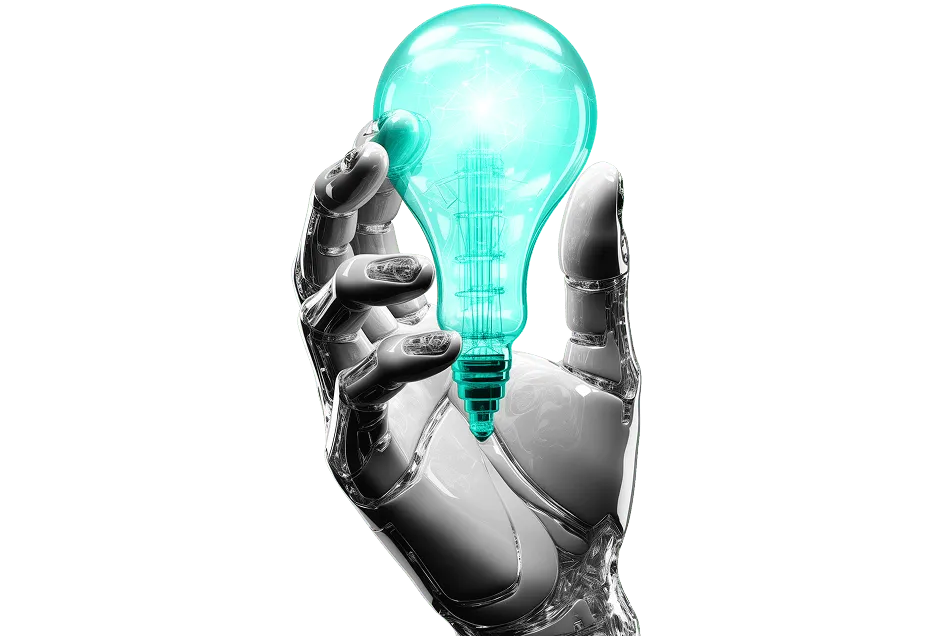Global Talent Acquisition and Strategic Workforce Planning Trends for 2024
I was fortunate to attend the Global Tech Conference Confluence 2024 this week. The conference allowed me to discuss the talent acquisition and Strategic Workforce planning trends leaders are experiencing globally. The following is a summary that I wanted to share with you.
- It is not just skills: One key awareness area is that frameworks are becoming more important in many Gen AI transitions. Recruiters and WFP planners should understand this well. For example, frameworks such as code refactoring and automation test case generation using Gen AI are critical in software roles that are becoming Gen AI-enabled. Similarly, in pharma R&D, frameworks for drug repurposing, data integration, and biomarker discovery are becoming important. We will publish a detailed paper on this, but I am thrilled about this learning.
- Employees use more modern tools than employers offer: One large survey with over 200K software developers showed that they use modern AI tools that are not necessarily in companies’ digital tech stack. This is a very interesting find, which means WFP and TA should stay ahead in understanding these tools and evaluating the skills.
- Creativity and other valuable Soft Skills: Companies across the globe are ramping up skill levels in creativity. While skills like creativity are very complex to asses, dimensions like Novelty and Contextual usefulness may be useful ways to measure creativity among employees.
- Boards are actively enquiring about AI skills: Unlike the previous movements of Cyber and Digital, boards are very involved in understanding how companies ramp up AI skills. This is a perfect time for CHROs to gain a seat at the table, and WFP and TA orgs should write a joint paper for the CHROs about how your company is approaching this. Draup can assist you in this journey.
- Location Incentives are rapidly changing: Global locations, through their respective local governments, are ramping up their incentives. We listened to many presentations where local governments described their plans, and now we believe we should take a very close look at this in any location decision.
- Focus on People Data Infrastructure: HR leaders must ensure the people data infrastructure is robust. An accelerated rollout of AI on incorrect datasets could potentially disrupt the company’s AI journey.
- Proactive Role Transitions Mapping: A quasi-skills architecture approach will help map the possible immediate and future skill transitions into new roles. Many companies have at least identified a small library of new roles they are actively working on. This is a very encouraging sign and helpful.
- Functions are modernizing, not disappearing: While automation has streamlined many support functions, the evolving landscape of customer interactions has heightened the importance of customer success roles. These roles are now more critical than ever in managing the complexity of multi-modal delivery platforms and ensuring customer satisfaction. As a result, the demand for skilled customer success professionals continues to grow, highlighting the ongoing modernization rather than the disappearance of these functions.
Summary: Draup has identified several new areas to accelerate the AI enablement skills journey for companies.










.svg)





















.svg)





.svg)
